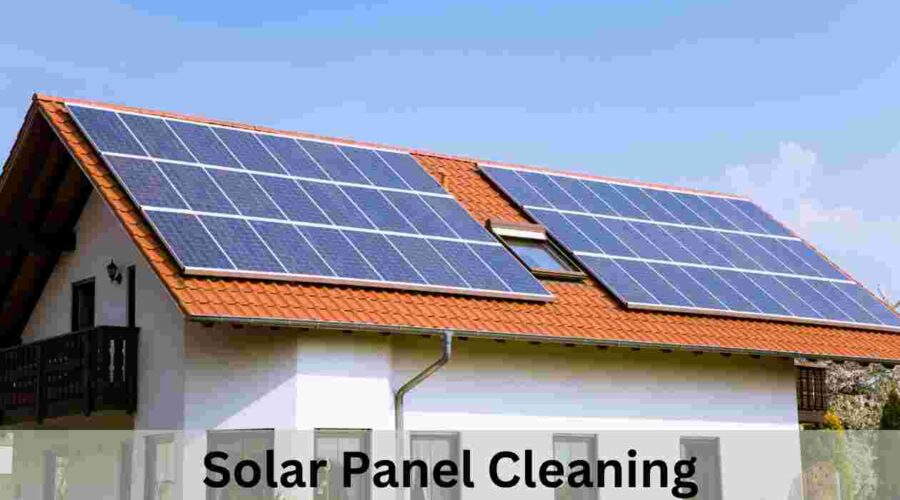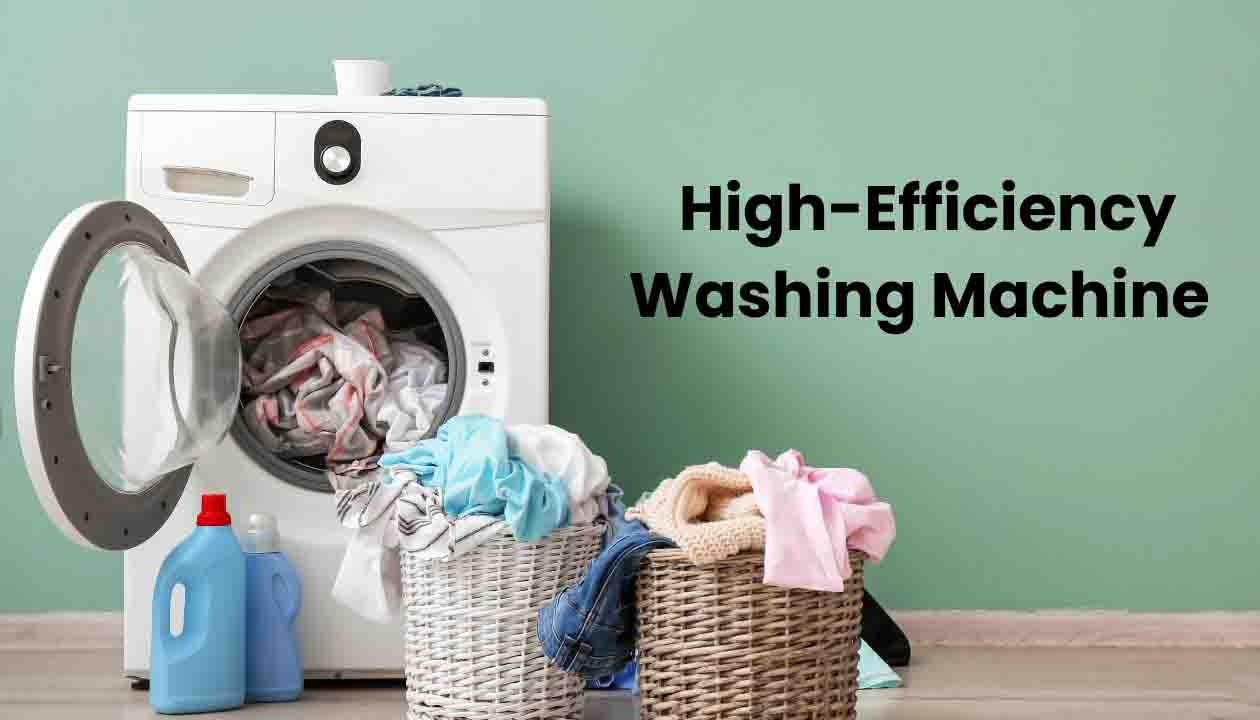Solar Panel Cleaning: Everything You Need to Know
Solar panel cleaning is an essential task that ensures your solar panels work at their best. If dust, dirt, or bird droppings cover the surface, they can block sunlight and reduce energy production. According to me, regular cleaning helps maintain efficiency and extends the lifespan of your best solar panel system. Whether you do it yourself or hire a solar cleaning service, I suggest you learn the right way to clean your panels without damaging them. In this guide, I will tell you everything you need to know about solar panels cleaning, including DIY methods, cleaning kits, and answers to common questions.
How to Clean Solar Panels
Cleaning solar panels is not a big deal; however, more care must be exercised while doing it. Below are some steps you can follow to keep the panels clean and in the best possible working condition:
1. Manufacturer’s Guidelines First
Before starting with the cleaning, I suggest you read the manufacturer’s manual. Some panels have special coatings, which need specific cleaning methods. Any aggressive cleaning methods can damage the panel surface.
2. Clean Early Morning or Late Evening
While working with solar panels, cleaning in the hot sun facilitates quick evaporation of water, leaving behind streaks and spots. The best time for cleaning the panels is when they are cool, preferably in the early mornings or late evenings.
3. Soft Cleaning Instruments
Now that I say, a rough brush or anything made of metal must never be used on the clean-up job. The best options are soft sponges, microfiber cloths, or soft-bristle brushes with an extension handle.
4. Mild Soap Mixed with Water or Plain Water
I suggest lukewarm water with a little mild soap for this purpose. Harsh chemicals may damage the surface of your solar panel. If just a little dust accumulates, then spraying the panels down with clean water is sufficient.
5. Rinse and Dry
After cleaning the panels with a soapy solution, rinse them with clean water and dry them with a clean microfiber cloth or leave them to air dry.
Solar Panel Cleaning DIY
Most homeowners prefer DIY solar panel cleaning instead of hiring a cleaning service. When doing so, here are some things to keep in mind:
Safety First
If your solar panels are situated on the roof, I suggest using a stable ladder and wearing non-slip shoes.
Never walk directly on the panels. Walking on solar panels can cause some damage.
If needed, use a safety harness, especially on pitched roofs.
Right Tools for the Job
A soft sponge or brush with a long handle
A bucket of water mixed with mild soap
A hose with spray nozzle for rinsing
Microfiber cloth for drying
DIY Cleaning Steps
Turn off the solar power system for safety.
Using the hose, rinse away any loose dirt.
Using a soft sponge or brush, apply soapy water.
Rinse well and let the panels dry.
However, if your solar panels are so dirty or hard to get to, I would suggest hiring a professional solar panel cleaning service to do the job safely.
Solar Panel Cleaning Kit
Cleaning is simplified with the right tools down below, so here is a comparison of some generic panel cleaning kit options:
Kit Name Includes Best For Price Range
Basic Kit Soft brush, extension pole, squeegee Light dirt and dust $20 – $40
Deluxe Kit Soft brush, hose attachment, cleaning solution Heavy dirt and bird droppings $50 – $80
Professional Kit Rotating brush, telescopic pole, soap dispenser Large solar installations $100 – $200
In my opinion, a basic kit is sufficient for small home systems, but a deluxe or professional kit would be worthwhile in a dusty area.
FAQs
Q1.Is solar panel cleaning worth it?
Cleaning solar panels is worth it; dirt and debris can inhibit energy production. Frequent cleaning allows it to keep its efficiency.
Q2.How often should I clean my solar panels?
I propose that cleaning your panels should occur at least twice a year. If you live in a dusty area or in proximity to trees, you may have to consider cleaning them with much more frequency than that.
Q3.Can I pressure wash my solar panels?
No. Pressure washing will cause damage to the panels and their seals. A gentle spray of water is recommended.
Q4.How to clean solar panels on a pitched roof?
For panels on a pitched roof, a long extension pole with a soft brush will be the safest option. If the panels are too high, hire a solar panel cleaning service.
Q5.Will dirty solar panels reduce their efficiency?
Yes, dirty solar panels may lose between 15 and 25% of their efficiency. So keeping them clean will assure you of maximum performance.
Q6.What is the best time of day to clean solar panels?
The best time to clean solar panels is early morning or late evening when they are cool, and there is less risk of water spots.
Q7.Can I clean solar panels with vinegar?
Vinegar mixed with water would be able to act as a natural cleaner; however, in common practice, plain water or very mild soap does an equally good job.
Q8.Do I need to switch off my solar panels before cleaning them?
Yes, for safety, you should switch off your solar power system before cleaning; this avoids the risk of electric shocks.
Q9.Does rain clean my solar panels?
Rain may wash away a little dust, but it is insufficient to clean really dirty solar panels with thicker dirt, bird droppings, or pollen buildup.
Q10.What is the price of professional solar panel cleaning?
It depends upon the area and size of the system; generally, prices run anywhere from $100 to $300 for full cleaning services.
Final Thoughts
Keeping your best solar panel system clean ensures that you get the most energy from your investment. Whether you choose to do it yourself or hire a solar panel cleaning service, regular maintenance helps improve efficiency and extend the life of your panels. According to me, cleaning your solar panels is simple if you follow the right steps and use the proper tools. If you are unsure about cleaning them safely, I suggest hiring professionals like GOGETFIX who can do the job correctly.



